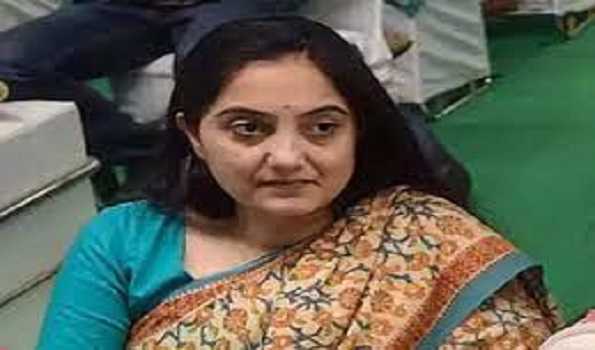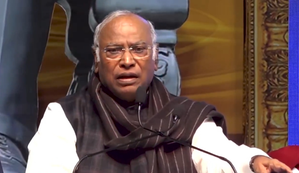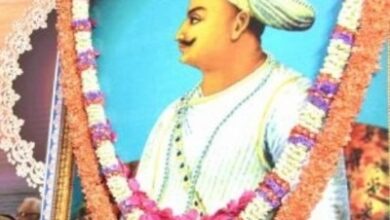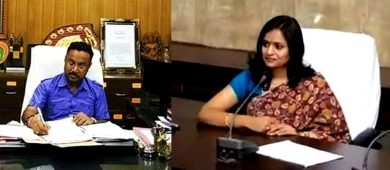
New Delhi, Aug 29: The Gujarat government has told the Supreme Court that there is a strong case made out against activist Teesta Setalvad, arrested for allegedly fabricating documents to frame high-ranking officials including then Gujarat Chief Minister Narendra Modi in the 2002 riots cases in the state.
It added that the investigation is independent from the judgment pronounced by the apex court on June 24.
In an affidavit, the state police SIT said: “There is a strong case made out against the petitioner for some of the most serious offences where by criminal conspiracy was hatched for and by fabricating false evidence with a clear intention to get a conviction of several person for capital punishment and systematic efforts were being made to ensure that both oral another evidence is fabricated.”
“There is no connection between the order dated June 24, 2022 (which merely affirms the view of the High Court of Gujarat, competent sessions court and the SIT) and the investigation which is taking place under the FIR in question,” it added.
The SIT said that witnesses have stated that they were asked to go and file pre-typed, pre-affirmed affidavits before the SIT investigating the riot cases.
“It is submitted that the investigation agency has collected sufficient material which shows that the petitioner not only wields substantial influence herself and through several other persons protecting her for their own personal interests but is found to be exercising such influence over witnesses since 2002 onwards,” added the state government’s response.
The Chairman of the SIT said such influence is by use of money as well as administering or getting threats administered and the FIR against Setalvad for falsifying evidence is not solely based on a top court judgment but is backed by evidence.
“Investigation conducted so far has brought irrefutable material on record to substantiate the contents of the FIR that the applicant along with other accused persons had done various criminal acts of commission and commission to achieve political, financial and other material benefits by means of executing the conspiracy,” the affidavit said.
The SIT said the statement of witnesses established that the conspiracy was enacted by Setalvad along with other accused persons at the behest of a senior leader of a political party. “It is submitted that the petitioner had held meetings with the political leader and had received large amounts of money. It is submitted that it has come on record by way of the statement of a witness that such money was not part of any relief related corpus,” it added.
Earlier this month, the Gujarat High Court had issued notice to the SIT seeking a reply to bail applications filed by Setalvad and former Gujarat Director General of Police R.B. Sreekumar. It is scheduled to hear the matter in September.
In her appeal before the apex court, Setalvad has taken objection to a long gap of one and a half month in the hearing of her bail application, and contended that bail matters must be heard expeditiously.
On June 24, the Supreme Court dismissed the appeal filed by Zakia Jafri, wife of Congress leader Ehsan Jafri who was killed during the violence at Ahmedabad’s Gulberg Society in 2002, challenging the SIT’s clean chit to the then Gujarat Chief Minister Modi and others during the riots in the state.
A bench headed by Justice A.M. Khanwilkar (now retired) said intriguingly, the present proceedings have been pursued for last 16 years (from submission of complaint dated June 8, 2006 running into 67 pages and then by filing 514-page protest petition dated April 15, 2013) including with the audacity to question the integrity of every functionary involved in the process of exposing the devious stratagem adopted. “To keep the pot boiling, obviously, for ulterior design. As a matter of fact, all those involved in such abuse of process, need to be in the dock and proceeded with in accordance with law,” said the top court.






